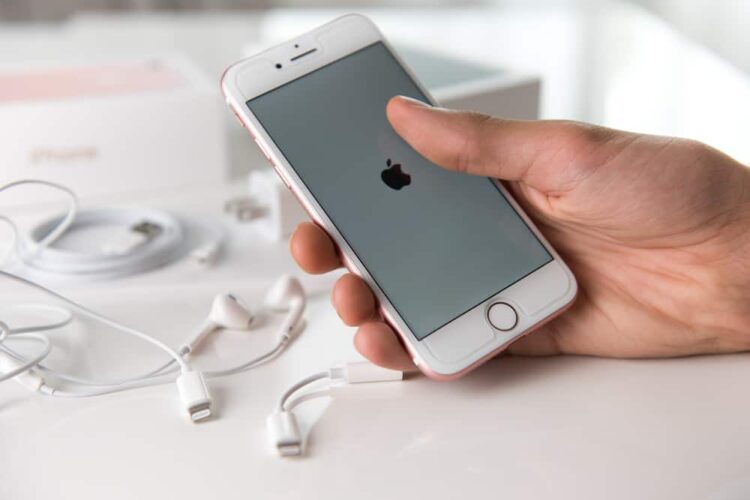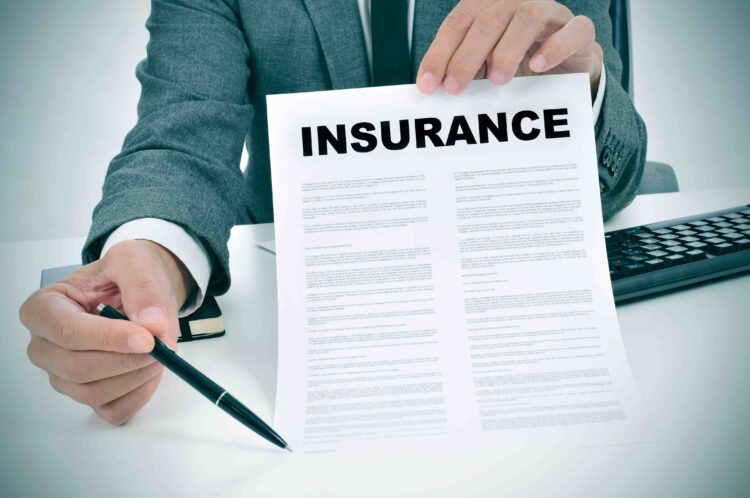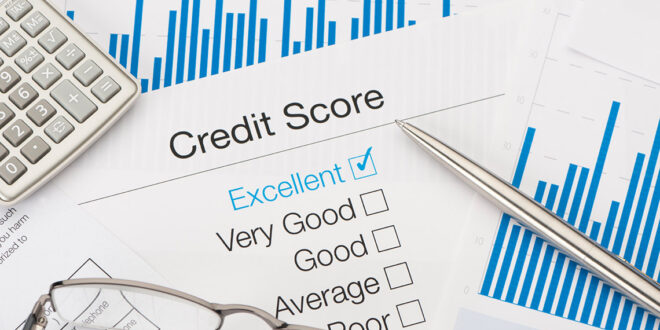In essence, it gets talked about a lot and you always see adverts on the TV talking about the importance of your credit score, but your credit rating is not a huge problem. If you’re young or just do not have much credit history because you’ve always bought things upfront, or you even have bad credit, then it shouldn’t affect your life in too much of a big way. However, having a good or even better great credit rating means you can enjoy extra perks.
Buying and Borrowing

The most obvious benefit of having a good credit rating is that you get to borrow much more easily with much better rates. You are more eligible for larger overdrafts, bigger loans, and more perks such as reward-for-use credit cards. Cheaper borrowing options, such as bank overdrafts, are very difficult to get if you have a terrible credit rating. They are relatively easy to get and to increase if you have a good credit rating.
Many lenders will offer you much fewer borrowing options if you have no/little credit history, but if you have terrible credit, such as having court judgments and/or insolvencies, then lenders will steer well clear of you. The ones that do make offers will often have the worst lending terms and interest rates and should be avoided at all costs anyway.
Renting and Jobs
If you are looking to rent a place or even something large like a piece of industrial machinery, then your credit rating will come into play. If you have a good credit rating, then things like renting are easy and trouble-free. On the other hand, if you have a bad credit rating, then renting becomes far more difficult and also more expensive as increased deposits and guarantors may be required. Realistically I think it’s only fair if someone is renting out their home to you they need to know they’re going to receive the payment, so it’s more than likely once credit checks are completed they may offer the property to someone else anyway.
Some jobs may not be easier to get if you have a good credit rating, but they may be impossible to get if you have a bad credit rating. For example, if you wish to be a prison guard, or wish to transfer prisoners in vans, then a poor credit rating will bar you from the job. Most financial institutions and any organization dealing with money will also be very unlikely to employ you.
Getting a Better Phone Contract

Let’s say you go onto a website such as Compare My Mobile to compare your existing mobile phone plan to what’s available on the market now. You may be faced with a series of plans that look amazing which is great right ?. Yet, when you leave the website and actually try to sign up, the network carrier refuses because your credit rating is not high enough.
Buying a phone may be just as difficult. Let’s say you wish to buy a brand new Samsung or iPhone, but you do not have enough money. You may choose a contract that comes with a free phone, or you may choose a buy-now-pay-later scheme. There is a good chance that they will either refuse to give you the phone, or they will offer lousy terms if you have a poor credit rating to ensure it’s worth the risk to them.
Getting a Bank Account
The good news is It is relatively easy to get a bank account, even if you have poor credit. However, if you have absolutely terrible credit, then you will need to apply to a bank that has a no credit check function. Sadly, even the best no credit check bank accounts will charge you a monthly fee for using their services. They are sometimes called, “credit repair” bank accounts. The good news is these will help you improve your credit score for the future.
Better Insurance Premiums

If you have a very good credit rating, then it may affect your monthly insurance premium. People with very poor credit may be charged more per month for their insurance premiums. However, the easiest way to get around this is to pay for a full year’s worth of insurance when you take it out. That way, your credit rating doesn’t have any effect on your insurance costs. Not many people are able to do this because they simply don’t have that amount of money as disposable income but if you’re able to save up throughout the year it’s definitely worth doing.
Conclusion – Does Your Credit Score Matter?
No, your credit score isn’t be-all and end-all. The only issue is that if you have a terrible credit rating, then life may become a little more difficult and more expensive in terms of which jobs you can get and which houses/buildings/machines you can rent. Raising your credit score is desirable, but not essential, so keep it in mind before you start spending money in order to raise your credit rating.
What Affects Your Credit Score

There are many factors that have the potential to affect your credit score, however, some are more obvious than others, we may think we have an excellent credit score but something has affected it badly and makes our life difficult when we weren’t expecting it or vise versa.
Below are just some of the things that affect your credit score:
Debt – This may seem like quite an obvious one but when you’ve been in debt than have things back under control sometimes you forget about your troubled past when it comes to money. They say the amount of debt you owe accounts for around 30% of your credit score which is a very large portion. They look at the amount of debt you owe because this helps them determine whether you are a high or low-risk borrower.
Payment History – This is the biggest factor that will affect your credit score, accounting for around $35% of your total rating. This basically means whether you pay your bills on time or not. Obviously, if your history says everyone you’ve ever borrowed money off has had to chase you up for it afterward this isn’t good. This includes everything from Credit card bills, student loans, mortgage payments, phone bills, etc.
 Hi Boox Popular Magazine 2024
Hi Boox Popular Magazine 2024



